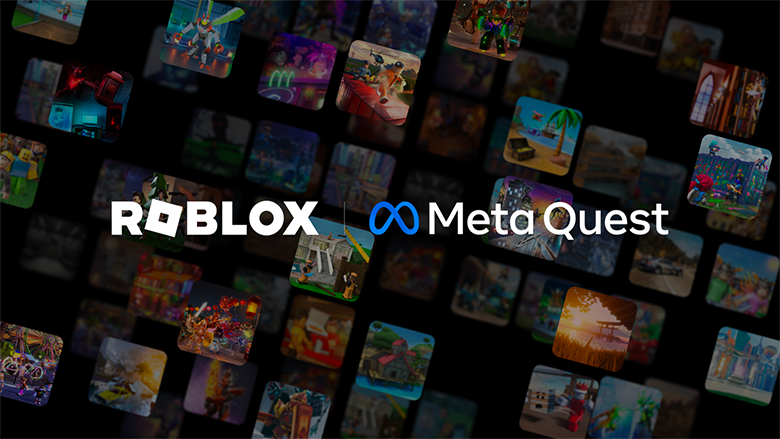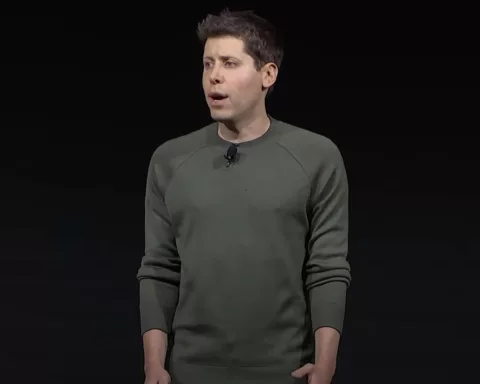In a recent study reported by MIT Technology Review, it was discovered that the AI chatbot, ChatGPT, can significantly enhance the quality of writing and productivity of professionals.
The study by Shakked Noy and Whitney Zhang involved 453 participants from various fields, including marketing, data analysis, and other college-educated professionals. They were asked to perform typical job-related tasks such as drafting press releases, short reports, or analysis plans.
The participants were divided into two groups, with one group allowed to use ChatGPT for the second task. The results were then evaluated by other professionals in the same fields, using a grading scale of 1 to 7, with seven being the highest. The study found that those who used ChatGPT took 40% less time to complete their tasks and produced work that scored 18% higher in quality than those who didn’t use the AI tool.
Interestingly, the study found that ChatGPT benefited both skilled and weaker writers. Skilled writers were able to reduce the time spent on their tasks, while weaker writers produced higher-quality work with the help of the chatbot. Noy, the lead author of the research, stated that ChatGPT is excellent at producing written content, and using it to automate parts of the writing process can save a significant amount of time.
However, the study also highlighted some potential risks associated with using AI tools like ChatGPT. Despite its benefits, the output of ChatGPT and similar generative AI models is not always reliable. The AI can present false information as factually correct, which could introduce errors in the work. Depending on the nature of the job, these inaccuracies could have serious implications. For instance, a lawyer was fined $5,000 for using ChatGPT to produce a legal brief that contained false judicial opinions and legal citations.
Despite these challenges, the research suggests that AI could benefit the workplace by acting as a virtual assistant. Riku Arakawa, a researcher at Carnegie Mellon University who studies workers’ use of large language models, believes that the results demonstrate how human-AI cooperation can work well in tasks like these. He said that humans can produce better content when they leverage AI to refine their output.
Featured Image Credit: Photo / illustration by “Deeezy” via Pixabay





